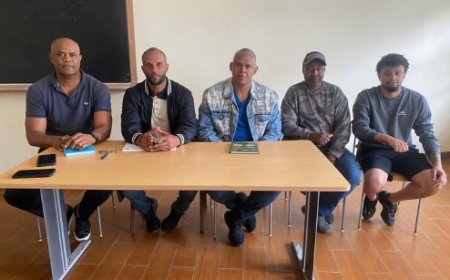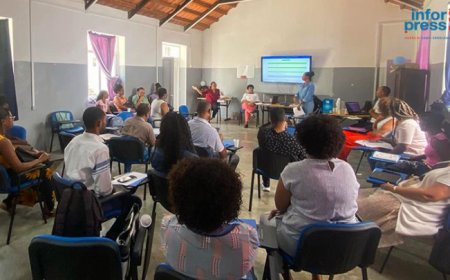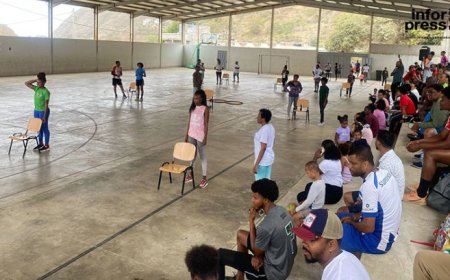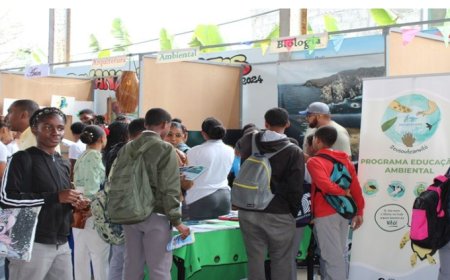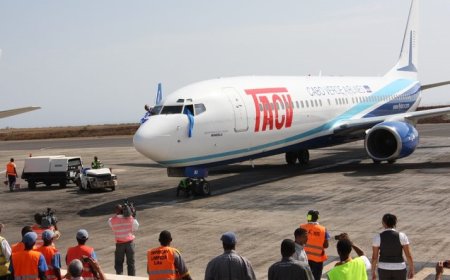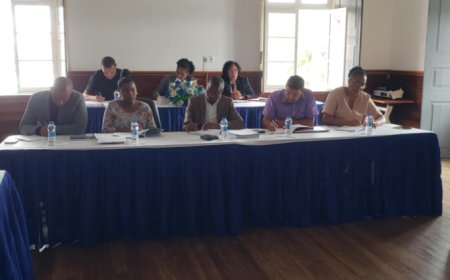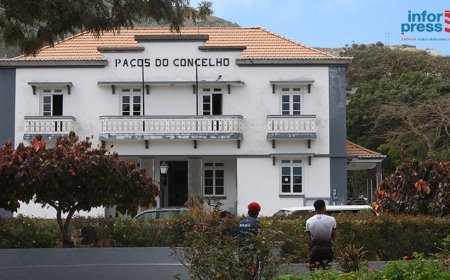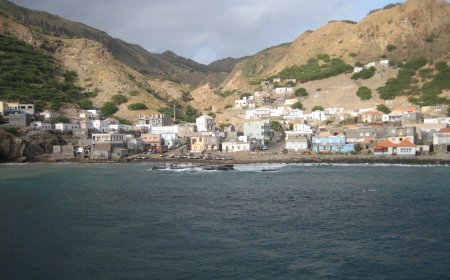Brava needs a fully equipped fire department – mayor
The mayor of Brava, Francisco Tavares, defended today that the island needs a fully equipped fire brigade and more training for Civil Protection agents and institutions.
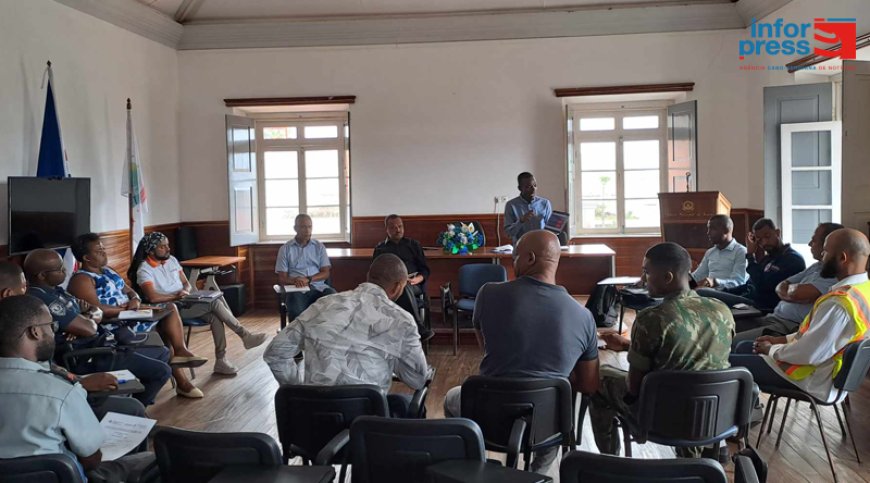
The mayor was speaking to the press at the end of a meeting between members of the Municipal Civil Protection platform and the Firefighters with the consultant from the LuxDev Climate Action Program to discuss the Emergency Response and Disaster Recovery Plan for the municipality of Brava .
According to the mayor, taking into account the data collected and shared, he will produce an official document that, within the program, will point out practical measures to be taken.
And it is in this sense that he stressed that what was "well defined", is that the island needs a fully equipped fire station and also more training for Civil Protection agents and institutions on the island, as well as the implementation of a plan of education for natural disasters and catastrophes in schools and throughout the Brave community.
Hence, he showed that it is with some expectation that he hopes that, in the end, Brava will be financed to reinforce material and in terms of training the alert and response capacities in relation to the members of the Civil Protection and Firefighters.
Asked about the biggest concerns in relation to the island related to aspects of catastrophes and risk situations, he recalled that Brava is a volcanic island with seismic activity, stressing that the greatest alert is linked to earthquakes and volcanic activities.
Although there have been no historical records of volcanic activity on Brava, what is certain is that there is clear evidence that Brava is an active volcano in activity and has demonstrated, in addition to the release of gases at some points, some seismic activity.
Hence, he maintained that the main focus is that there is a much greater seismic activity than what has been happening, what is the response capacity at all levels, from coordination, transport, transfer of people, health system.
In this sense, it recognizes that an island must have a Fire Department with at least one functional ambulance and also firefighting equipment, requiring a self-tank truck, stressing that there is a light vehicle on the island for this mission.
Likewise, he stressed that it is also necessary to have the financial capacity to build and equip a fire station with all the basic materials needed to be in a position to respond to various situations until support from the Civil Protection Service arrives, hoping that at the end of this study and program, the island ends up being benefited in this aspect.
As for the plan, he considered it to be “very important due to the fact that it is framed within a larger program, which is identifying climate vulnerabilities, in this case the risks of natural disasters and the capacity to respond in human and technological terms that the island has”.
And on the island, he reinforced that all the institutions that are part of the municipal council of Civil Protection and Firefighters were contacted, where, together with the consultant, the “ideal X-ray” of the situation was passed in cases of the early warning system and in the need for implementation of plans in response to some eventuality.
The plan aims to "assess" the Technology and Capacity Needs (TCNA) of key institutions and services in Cape Verde for the operationalization of the National Framework of Climate Services and is being implemented in five pilot municipalities, namely, Brava, Mosteiros in Fogo island, Boa Vista, Maio and the city of Praia.
The program is being funded by Luxembourgish cooperation in Cape Verde and was launched in February 2023, with the aim of supporting Cape Verde in the implementation of its new climate policy by 2025, as materialized in December 2021 and by the National Adaptation Plan (National Adaptation Plan – NAP) (September 2022), establishing a consolidated climate governance that results in a country that is more resistant to the climate and with low emissions of greenhouse gases.






